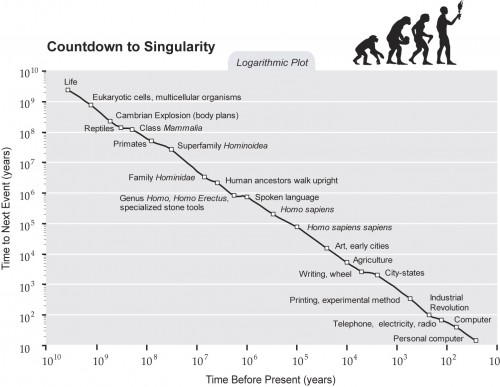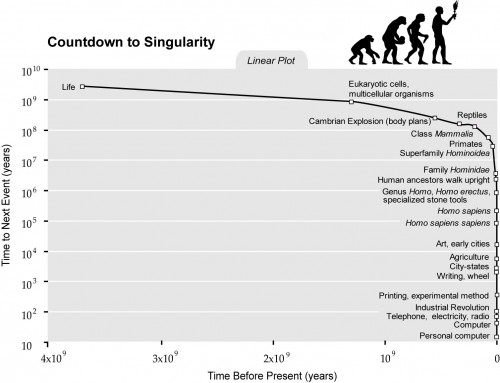Yesterday it was Ray Kurzweil. Today it is Steven Pinker. What is it with these people trying to reassure us that the world is getting better for the average person? They’re the real world equivalent of the ‘This is fine’ dog.
Look, I agree with them: in many ways, the world is gradually getting better for some of us, and slowly, increasingly more people are acquiring greater advantages. I am personally in a pretty comfortable position, and I’m sure life is even better for oblivious buffoons hired by google to mumble deepities, or for Harvard professors. Pinker and Kurzweil even make the same trivial argument that it’s all the fault of the news:
News is a misleading way to understand the world. It’s always about events that happened and not about things that didn’t happen. So when there’s a police officer that has not been shot up or city that has not had a violent demonstration, they don’t make the news. As long as violent events don’t fall to zero, there will be always be headlines to click on. The data show — since the Better Angels of Our Nature was published — rates of violence continue to go down.







